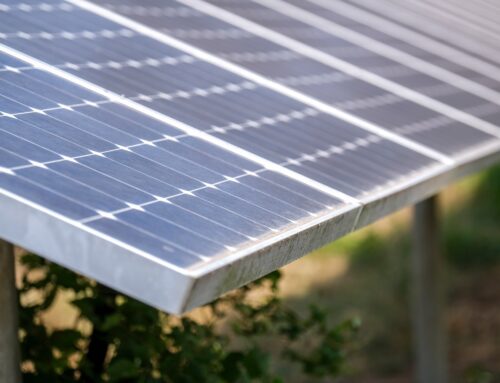Maryland’s sweeping new energy legislation is a mixed bag for climate
April 10, 2025
Maryland just passed a raft of energy legislation designed to curb rising utility bills and boost in-state power generation. The reaction from climate advocates was mixed.
On the one hand, advocates lauded steps to limit gas infrastructure investments, streamline the community solar build-out, install more battery storage, and remove renewable-energy subsidies for trash incinerators.
But they’re also wary of recently passed legislation that expedites new gas and nuclear power plants. Environmental groups had pushed back on those measures, arguing the energy sources could raise costs for consumers and run counter to the state’s ambitious climate goals.
The policies accomplished “some really good things for lowering bills and protecting ratepayers, but we’re going to have to watch the implementation very closely to ensure that this keeps us in line with climate goals,” said Brittany Baker, Maryland director at the nonprofit Chesapeake Climate Action Network.
The three energy bills passed Monday are now headed to Democratic Gov. Wes Moore’s desk for signing. The largest is the Next Generation Energy Act, which cobbled together provisions from various bills introduced throughout the legislative session — many of which take steps to reduce carbon emissions and lower residential energy bills, clean energy advocates said.
For one, the bill sets up a process for the state to install up to 1.75 gigawatts of battery storage and disqualifies waste-to-energy plants from receiving subsidies through the state’s renewable portfolio standard. A separate bill will accelerate community solar development and limit the ability of local governments to block certain solar projects.
Lawmakers also took historic action to rein in utility rate hikes and protect ratepayers. Last year, a report by the Maryland Office of People’s Counsel found that growing gas and electric bills were largely driven by multiyear rate hikes and a 2013 state law that allows gas utilities to recoup pipeline-replacement costs up front through a monthly surcharge on bills. That law “created a financial incentive to replace gas lines,” said Susan Stevens Miller, senior attorney at the nonprofit Earthjustice. “Sadly, it created too much of an incentive,” causing utilities to replace pipelines unnecessarily to earn the guaranteed return on their investment.
The Next Generation Energy Act takes aim at both issues by requiring gas companies to demonstrate “customer benefits” and cost-effectiveness when spending on pipelines under the 2013 law, and setting stricter standards for utility regulators to approve multiyear rate plans.
The legislation also prohibits utilities from charging customers for membership dues to trade associations that engage in lobbying, like the American Gas Association and Edison Electric Institute, and for private jets. Maryland joins a growing wave of states that have introduced laws to prevent utilities from recovering lobbying costs and luxury expenses from customers.
Overall, these protections “will save Marylanders hundreds of millions of dollars,” said Emily Scarr, senior advisor at the Maryland Public Interest Research Group, in a statement.
Search
RECENT PRESS RELEASES
Related Post




